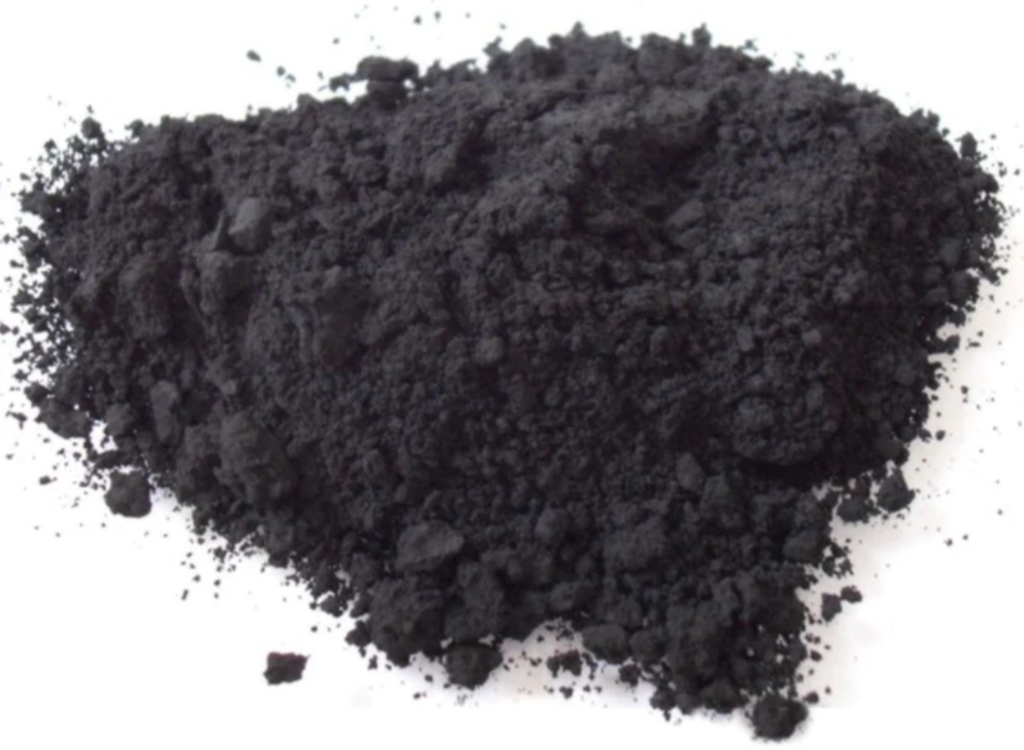Chemicals company Transform Materials said its R&D agreement with Denka to make acetylene black has drawn new funding from the Japanese government. Denka is a Japanese producer of industrial chemicals.
The R&D process for emissions-free acetylene production has received support from Japan’s governmental New Energy and Industrial Technology Development Organisation. It will grant Denka a subsidy of up to ¥3.3 billion ($19.9 million), said US-based Transform.
It said acetylene black is a key component of lithium-ion batteries: “In fact, acetylene black is so essential to produce lithium-ion batteries that the Japanese government has deemed it crucial to ensure a reliable domestic supply of the gas.”
Denka expects to make an ¥85 billion ($623 million) investment to achieve a 60% reduction in CO2 emissions, compared to 2013.
Kenn Flessner, CEO at Transform, said: “Acetylene black is an essential component of lithium-ion batteries, and battery producers are looking for sources of low-carbon acetylene to boost production.”
The substance is obtained from thermal decomposition of acetylene. It improves conductivity for battery cathode and anode preparation.
Producing acetylene is carbon-intensive. Transform said its process changes the carbon equation by fully utilising the carbon in hydrocarbon streams, and ensures no carbon is released into the atmosphere in the form of CO2.
Toshio Imai, CEO of Denka, said: “Transform has helped us understand how microwave plasma technology makes it possible to produce acetylene gas with large volumes of hydrogen. The project with Transform Materials is one of the most significant transformations in our company history since we started our business.”
Denka will install acetylene and hydrogen production facilities based on Transform’s Plasma technology at Denka’s Omuta, Fukuoka, plant. It will demonstrate and optimise the technology to realise large-scale production of acetylene.
The multi-year agreement spans from 2023 to 2028, with plans to evolve the technology.












